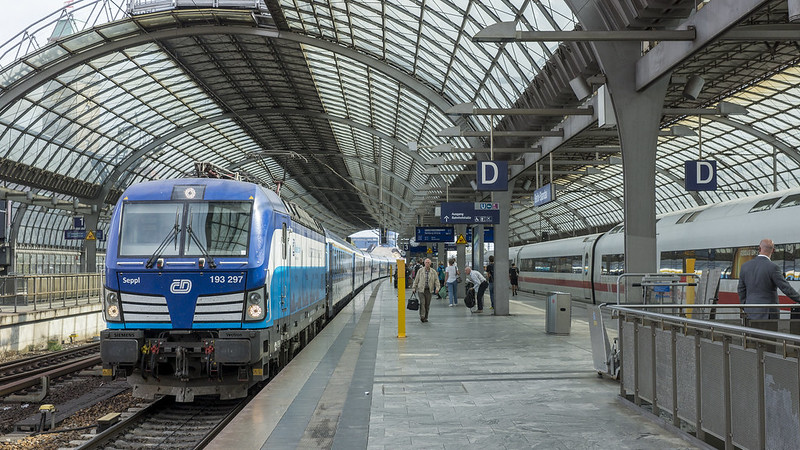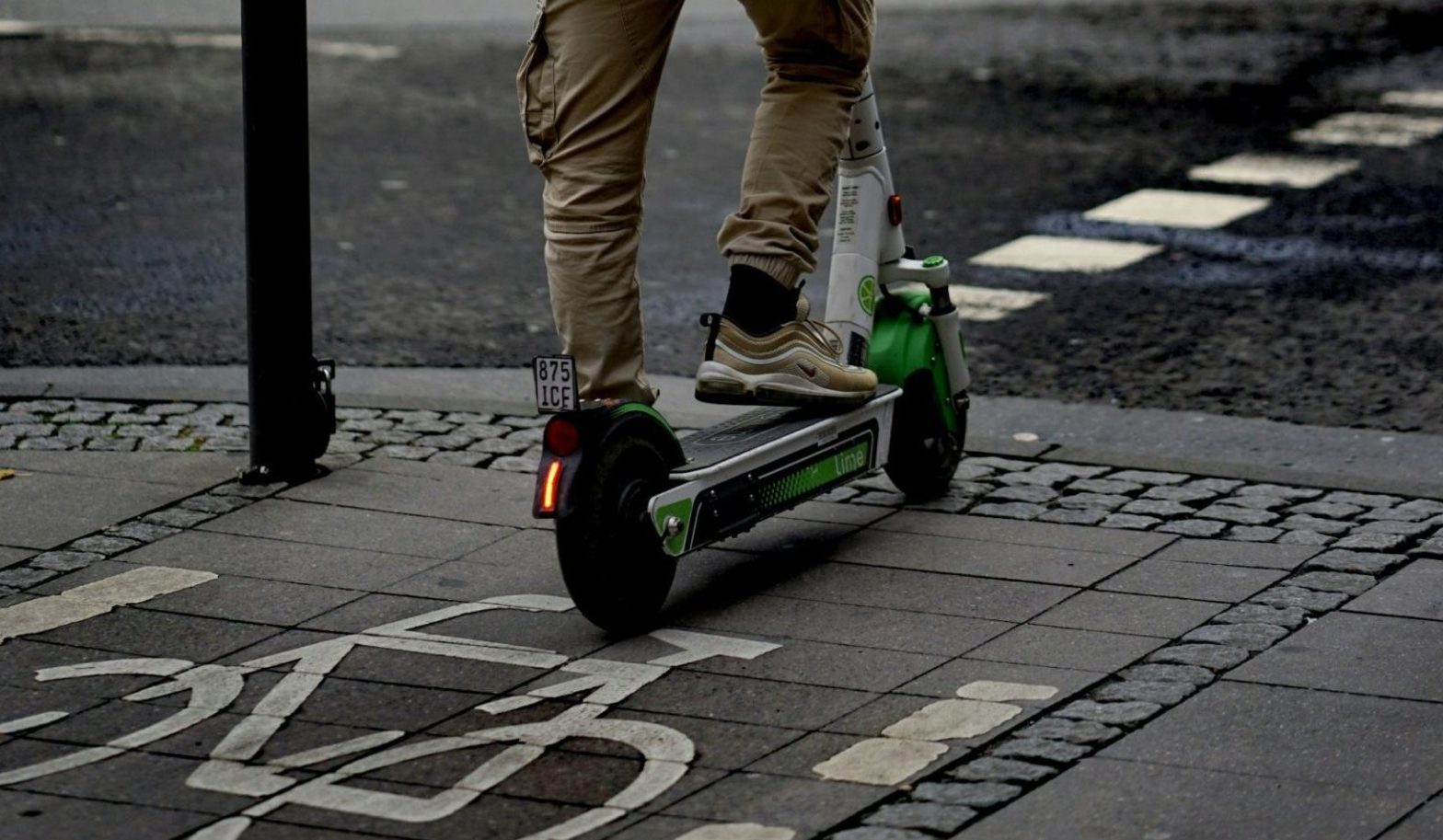
Photo: Albert Koch (Flickr)
German ministers approve €49 monthly travel pass
07 November 2022
by Christopher Carey
Leaders of Germany’s federal government and 16 states have formally agreed on a new €49 (US$49) monthly travel pass after weeks of political wrangling.
The ticket – a successor to the €9 pass trialled over the summer – will give people unlimited access to regional train, metro and bus services across the country.

Speaking to Cities Today, Raimund Brodehl, Hamburg’s Deputy Director-General of Transport and Mobility Transition, said: “This [ticket] makes access much easier and also cheaper for people who travel long distances.
“I expect a higher and more stable demand. Above all, however, the ticket is the prelude to a comprehensive reform of the public transport system not only in Hamburg – but throughout Germany.
“This is urgently needed with a view to climate protection.”
The new ‘Deutschlandticket’ was formally approved last week, with 1 January 2023 mooted as a possible start date.
Commenting on the announcement, German Transport Minister Volker Wissing said the “way is now clear for the biggest public transport tariff reform in Germany.”
The new ticket is expected to cost about €3 billion in taxpayer subsidies, to be shared equally between the federal government and the states.
For and against
The €49 ticket will be seen as a compromise – environmental and consumer groups had been calling for an extension of the €9 ticket, but several politicians were resolute in their opposition to this.
While the €9 scheme proved popular with the public, and helped to ease the impact of soaring inflation and get ridership back to pre-COVID levels, it also cost the German taxpayer an estimated €2.5 billion.
“Freebie mentality is not sustainably financeable, not efficient and not fair,” the country’s Federal Finance Minister Christian Lindner tweeted in August.
One of the central concepts behind the ticket was that it would result in a reduction in car use and boost Germany’s pledge to become carbon-neutral by 2045.
But data on whether this happened, and if it can be attributed to the ticket, is so far mixed.
According to Germany’s Office for National Statistics, the first month of the scheme saw only a slight reduction in road traffic, but a huge increase in rail travel – in June 2022, average rail travel was 42 percent higher than in June 2019.
The highest jump in figures was seen at the weekends, strengthening the argument that people were using the ticket for leisure journeys they may not have otherwise taken.
According to public transport lobby group the Association of German Transport Companies (VDV), the scheme prevented 1.8 million tons of CO2 because commuters didn’t use their cars as much.
But the group also found that in the greater Munich area, just three percent of people left their cars at home in favour of local public transport. It said that overall a quarter of public transport trips taken over the summer would not have been made without the ticket, calling these “additional journeys, not substitute journeys”.
A full assessment of the €9 ticket’s impact is expected from the government later this month.
Image: Albert Koch (Flickr)











